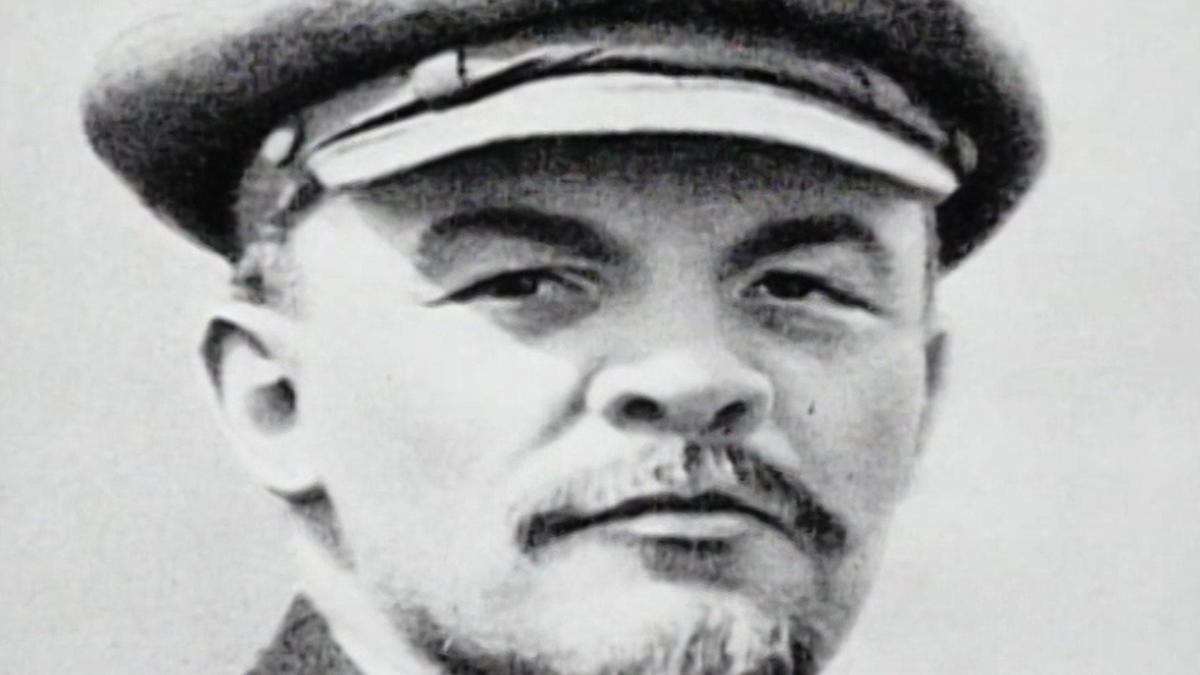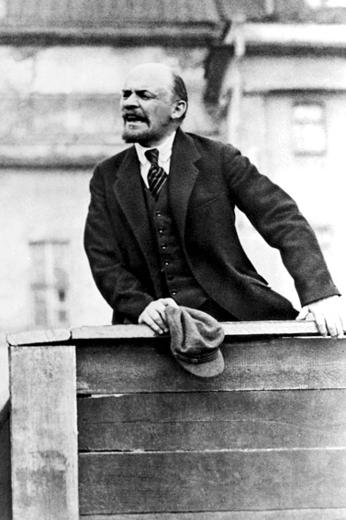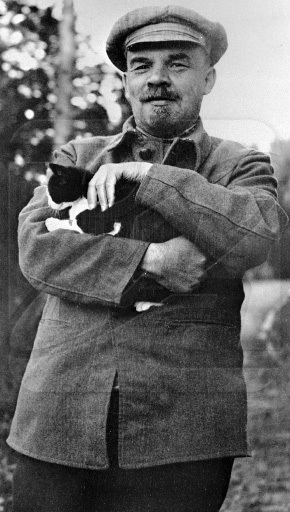Germans Seal Train with Russian Revolutionary Aboard
Send it Off to Russia ‘Like a Plague Bacillus’
Special to The Great War Project
(9 April) The Allies are confronted with a clever political stratagem, conceived by the Germans and designed to knock Russia out of the war.
On April 8th a century ago, the Germans prepare the ground for the return of Vladimir Ilyich Lenin, the Bolshevik leader and revolutionary, to Russia.

Vladimir Ilyich Lenin
An outlaw in imperial Russia, Lenin is living in Switzerland where he is out of the reach of Russia’s secret police. He continues to agitate for revolution from afar.
Lenin opposes what he calls this imperialist war. He has sworn to end Russia’s participation should he lead the Bolsheviks to take over.
Given the chaos in Russia, and the abdication of Tsar Nicholas, now the Germans realize they can undermine Russia further by smuggling Lenin back into the country.
Lenin is notorious for his opposition to Russia’s participation in the war. “In a move,” writes historian Martin Gilbert, “designed to destroy one of the pillars of the Alliance, Lenin and 32 other Bolsheviks are herded onto a sealed train and dispatched from Zurich to Russia.
The Germans are taking no chances. The train is sealed so that it is certain to reach its destination. “The Kaiser, told of this stratagem,” writes Gilbert, “approves of it.”

Lenin, the Bolshevik leader back in Russia.
But others in Germany and Austria worry that “a successful Bolshevik revolution in Russia could be dangerous for all monarchies, five of which [Belgium, Serbia, Romania, Albania, and Montenegro] had already been dethroned.”
Lenin’s goal is to spark revolution across Europe.
“As the train steamed through the night,” reports historian Adam Hochschild, “it carried as escorts to the revolutionaries two German officers, one of whom spoke fluent Russian but was under orders to conceal it, all the better to report overheard conversations back to Berlin.”
The Russians sing revolutionary songs as they plan their strategies once they arrive in Petrograd, the Russian capital.
Lenin’s slogan of “peace, land, and bread” has great resonance.
“And on a war-weary continent,” observes Hochschild, “it could be highly contagious.”

Lenin loved cats.
In London, Winston Churchill expresses unease at the possible wider impact of the German gambit. “In Churchill’s words, Germany had sent Lenin on his way to Russia like a plague bacillus.”
“It remained to be seen how fast the bacillus would multiply.”
